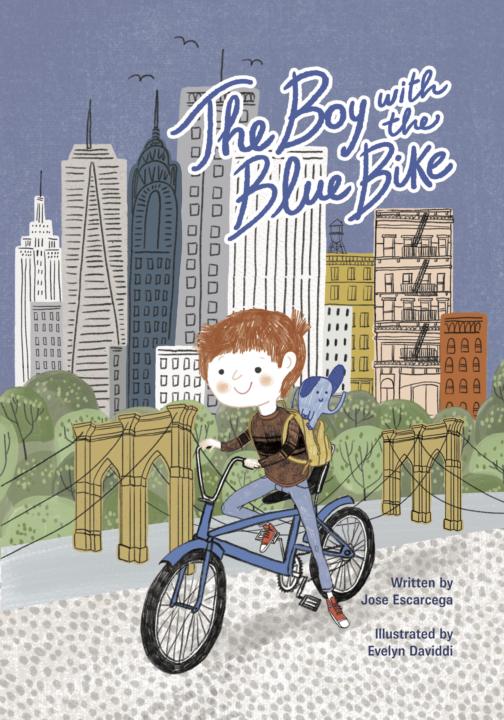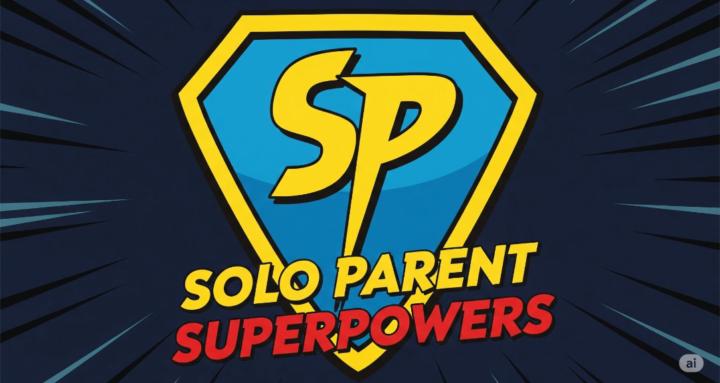
Write something
Welcome, Super Parents! Ready to unlock your superpowers? ⚡️
Being a single parent is a heroic journey, and you're already doing an amazing job for your children! 🦸♂️🦸♀️ 🔹 Let's connect! In this safe space, you'll find a supportive network of specialists and fellow solo parents navigating the adventures of single parenthood. 🔹 Dive in by commenting below: Tell us where you're located, one fun, unique thing about your relationship with your kids, and a parent superpower that you have!

Mindset Monday: The Warmth of a Peaceful Home ❄️☕
I hope you are staying warm in the after-storm! What a day we had in the Northeast. Whether you spent it shoveling out or cuddling in, I want you to take a second to realize something huge: You didn't have to share this confinement with your ex. Remember those days? Being forced to interact, walking on eggshells in your own living room, feeling trapped while the snow piled up outside? No more. If the only "storm" you had to deal with this weekend was the weather, that is a massive victory. That is freedom. For those with the kids: This is a great time to connect. Yes, the snow gear struggle is exhausting (so many layers!), but these moments are treasures. If you hit the hills for sledding or skiing, you probably noticed something wild: The kids don't seem to feel the cold! 🧬 The Science: You aren't imagining it! You are right, kids literally experience the cold differently. Children have higher amounts of Brown Adipose Tissue (Brown Fat) than adults. This special type of fat burns energy to create heat, acting like an internal furnace. So while we are freezing, they are biologically built to keep playing! For those by themselves: If you were solo during the storm, I hope you used it for introspection. There is a special kind of healing that happens when you sit by the window with a coffee, watching the snow fall, and realizing that you are safe. You can acknowledge the pain and the life changes, but also the peace of a quiet home. Superparents: Stay warm, stay healthy, and keep loving yourselves and your kids. The snow will melt, but the memories (and the peace) remain. 👇 Let’s chat: What was the "Best" and "Hardest" part of the snow day for you? (Me: Best = Hot chocolate. Hardest = The 45 minutes it took to get the kids in their snowsuits!)
0
0

🚀 We are LIVE! The Boy with the Blue Bike is officially here.
Superparents, Today, I am finally opening the doors to a project that has been living in my heart for a long time. The Boy with the Blue Bike is officially live on Kickstarter!. Why this story? As a single dad and life coach, I know that talking to our kids about big feelings—like anxiety, people-pleasing, or the bittersweet magic of growing up—can be tough. I wrote this book to be a "side door" into those conversations, giving us as parents a shared language through the adventures of Leo and Jasper. What you need to know: - Fast-Track Delivery: We aren't waiting until summer. Because the art and story are 100% complete, we are shipping these premium hardcovers in April. - Artifact Quality: This is a library-grade, 100-page hardcover with stunning illustrations by Evelyn Daviddi. - The "Buddy System": Every reward tier helps us fund the mission of "Quality Time" over "Quality Toys". How to join the ride: I am aiming to hit 25% of our $3,500 goal today to trigger the Kickstarter algorithm. If you want one of the signed First Editions, jump in now! https://www.kickstarter.com/projects/thebluebike/the-boy-with-the-blue-bike Thank you for being part of this community. Let’s show our kids that no "neighborhood" is too big to explore when you have a buddy. Keep riding, Jose
3
0

Freedom Friday: Find Your "Jiggle" Again 🍓✨
In The Boy with the Blue Bike, Leo visits a mysterious neighborhood called Whisperwood. A little girl walks up and whispers a secret to him: "You have to try the strawberry Danish—they don't display it. It's a secret!" She tells him that the best stuff isn't always on display for everyone to see. This is your permission slip for the weekend. Do you remember that "jiggle" inside you when you were a kid? That electric rush of sneaking a second cookie from Grandma? Or the thrill of pointing your tires down that one "forbidden hill" and just letting go of the brakes? In the book, Leo and Jasper chase that feeling in Echo Ridge. When the noise of the world gets too loud, they don't just sit there. They race downhill. Leo says: "It's downhill. You know my bike is so fast, right? ... Three, two, one, let's go!" As adults (and especially as solo parents), we often lose that jiggle. We trade the downhill races for uphill battles. We share our space, our energy, our money, and usually... half our fries. But to stay sane, you need your own "Secret Strawberry Danish." You need to spark that jiggle again. The Truth: We love our kids endlessly. But we need to love ourselves, too. It is simple emotional math: The happier we are, the happier they will be. You cannot pour from an empty cup, and you certainly can't teach them joy if you've forgotten how to feel it yourself. 👇 Tell me below (we won't tell the kids): What sparks that "jiggle" for you now? Is it a specific song? A secret treat? A solo drive? Let us know what you are doing this weekend to make yourself smile.
0
0

Truth Tuesday: Don't Get Lost in "Mirrorland" 🪞
In my book, The Boy with the Blue Bike, Leo visits a neighborhood called Mirrorland. On the surface, it’s a place filled with shiny glass buildings. But the deeper truth? It is a metaphor for the confusing, empty world of a narcissist. Does this sound familiar? - The Warped Reality (Gaslighting): In the story, the people's reflections constantly change—one minute stretched, the next puffy. The reality never stays still. Narcissists do this to us. They shift the narrative so fast that we don't know which version of them (or ourselves) is real. - The Denial of Truth: Leo points to a chocolate tart in the bakery, and the baker asks, "Are you sure that's a tart?". He questions Leo's own eyes. This is classic gaslighting. They make you doubt the plain facts standing right in front of you. - The Emptiness: Leo notices that despite the shiny exterior, everyone is just staring at themselves, and "It all feels so empty". Your Tactical Truth for Today: In the book, Leo and Jasper realize they can't trust the visual reflections because they are all mazes and tricks. Instead, they close their eyes and trust their other senses—they follow the smell of fresh bread to find the truth. Stop trying to make sense of their mirrors. The narcissist's reflection of you is warped. It is not real. Like Leo, you have to stop looking at their "glass maze" and trust your own gut again. 👇 Tell me below: What is one "warped truth" or lie the narcissist tried to tell you about yourself that you are refusing to believe today?
0
0

1-20 of 20

skool.com/solo-parent-superpowers
Unleash your Solo Parent Superpowers! 💪 You're a hero, and heroes need backup too. Join us!
Powered by



